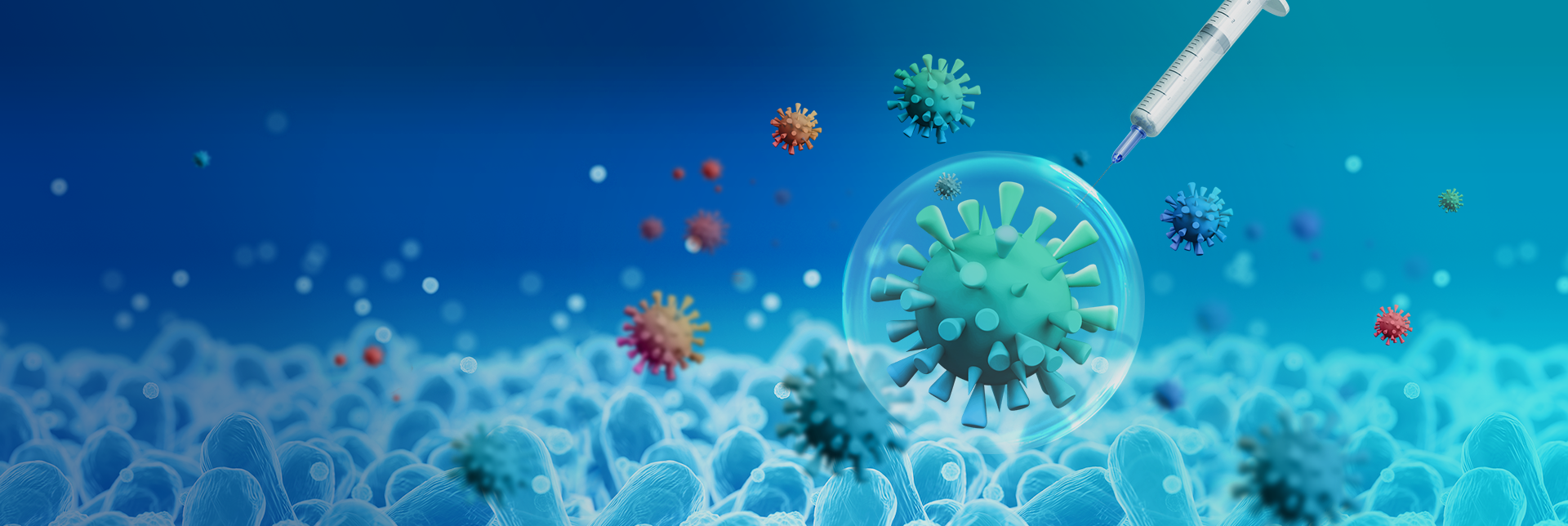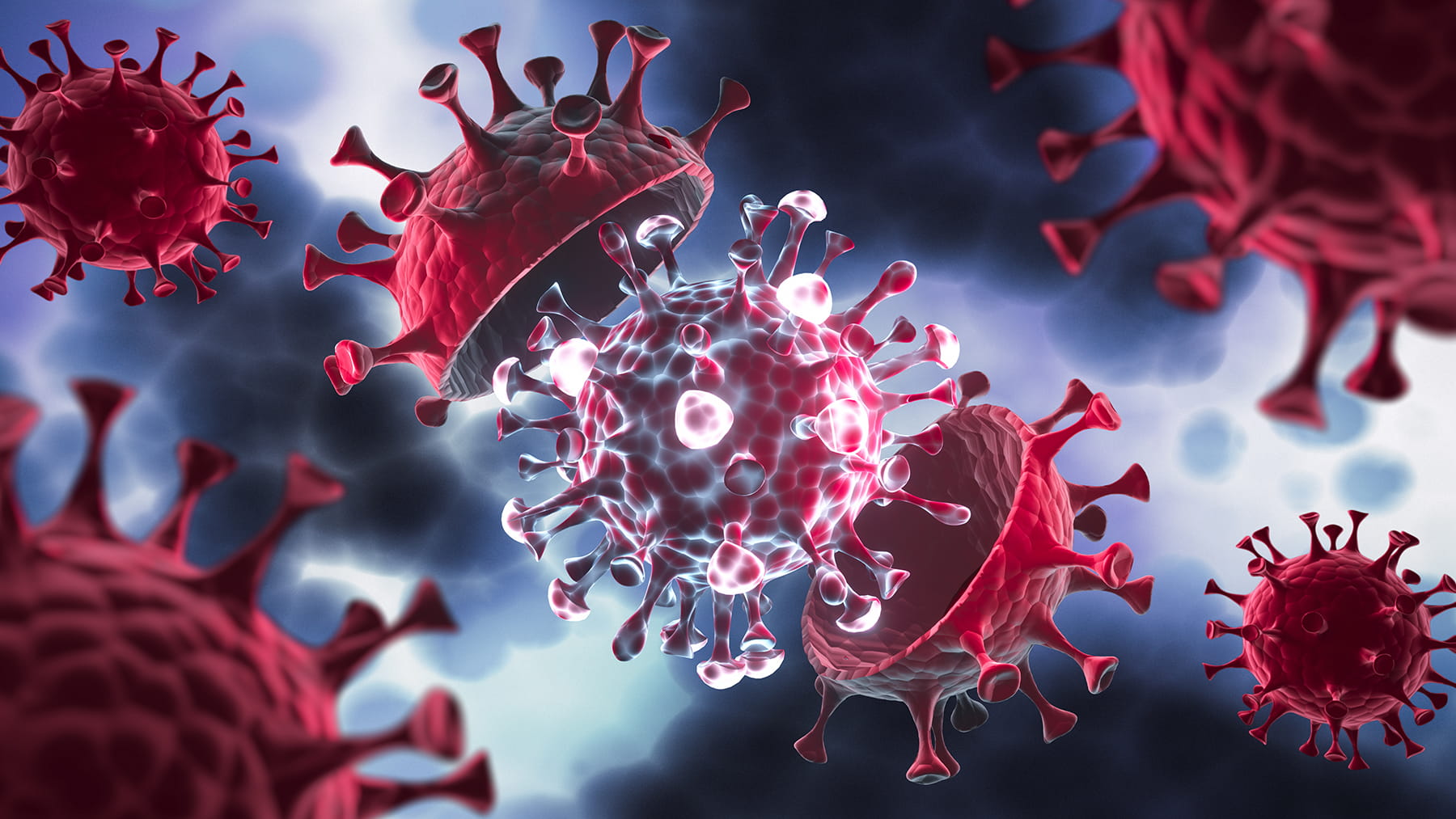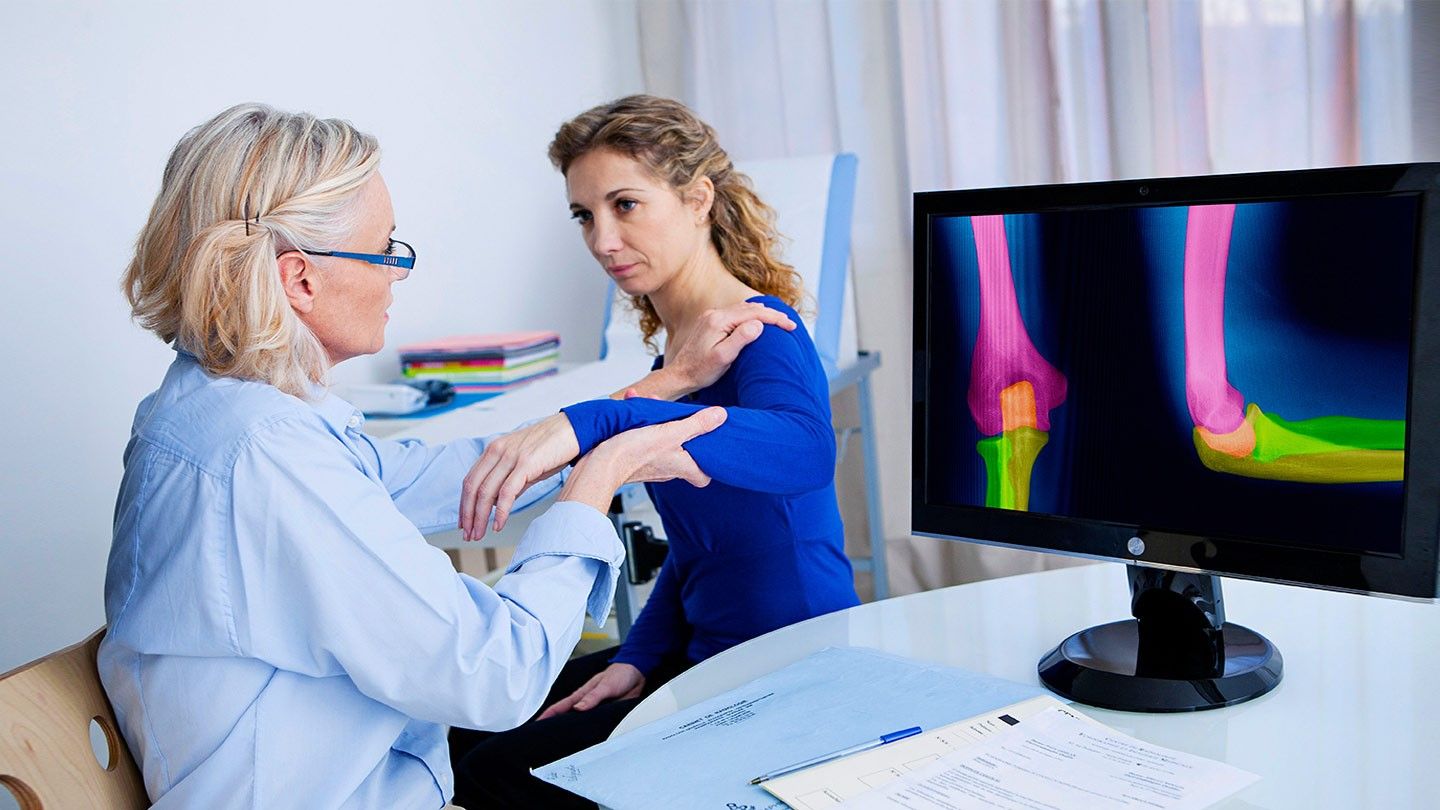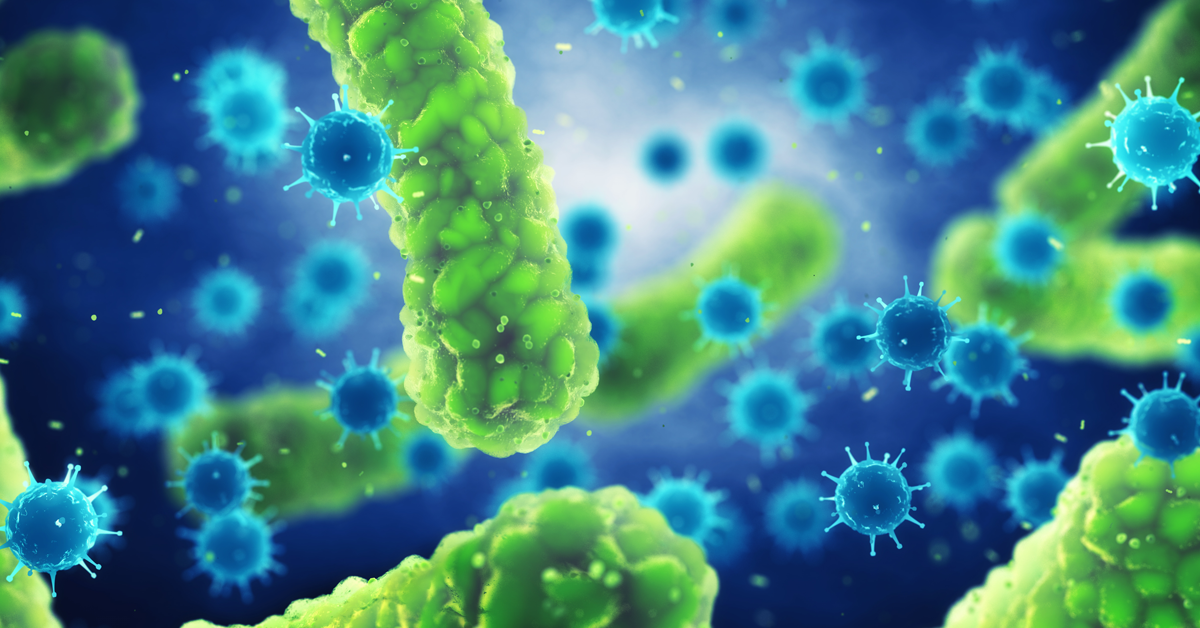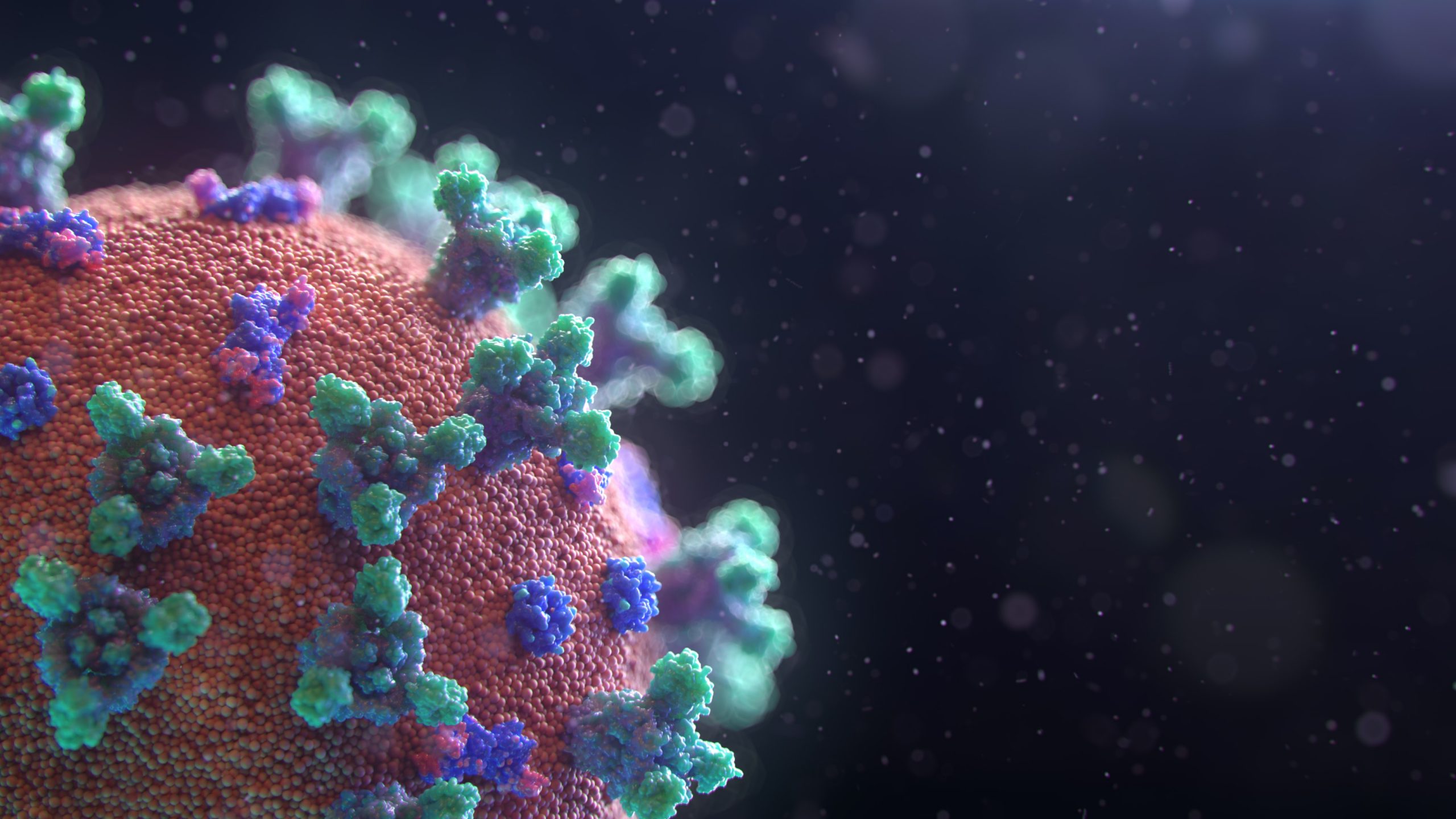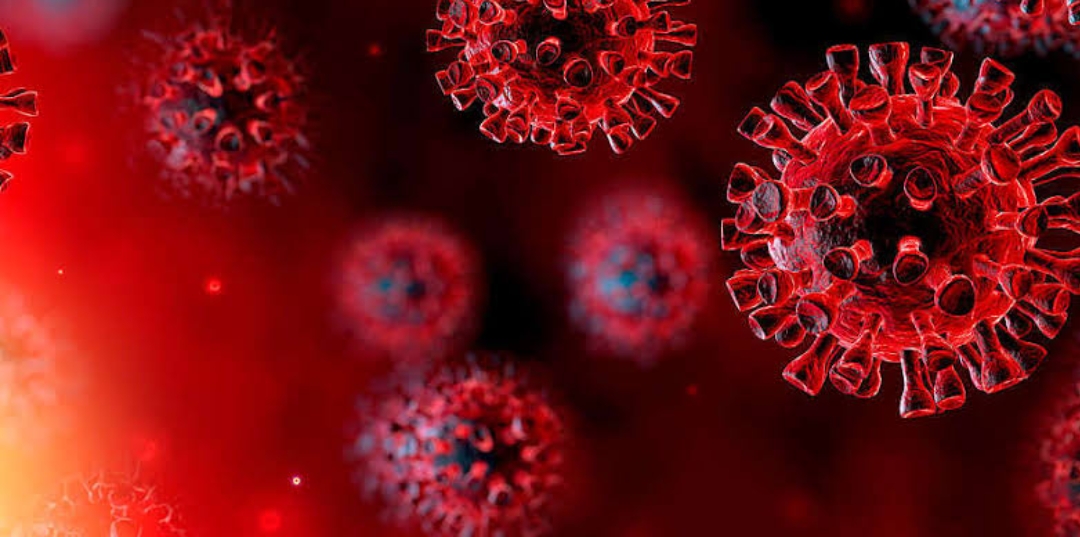
Everything you need to know about Russia's coronavirus vaccine claims
Russia became the first country to announce an approved coronavirus vaccine the second week of August.This vaccine is said to be safe and effective against SARS-CoV-2 infection which causes COVID-19. After the global announcement of this Russia's coronavirus vaccine, it has stirred serious concerns about its effectiveness among immunologists and public-health experts.
About this vaccine:
Referring to the first artificial satellite, Sputnik 1, which was launched by the USSR in 1957, the vaccine was named "Sputnik V" – an indication that the Russian government is preparing to advertise it as a matter of national pride.It has been developed by Moscow’s Gamaleya Research Institute of Epidemiology and Microbiology, a part of Russian Ministry of Health. What is doubtful is that it has cleared regulatory approvals in less than two months time after it got human trials which creates suspicions regarding its efficacy.
Newly developed vaccines against new viruses normally take years to develop since they normally have to pass three long and constantly studied tests and trials before they can be used widely.The Russian researchers had pre-registered phase I and phase II studies and these studies were completed in early August according to one website for the vaccine. It says no adverse effects were detected, and the vaccine activated the desired immune response. But it has not published any comprehensive findings. So this concludes that the Russia's coronavirus vaccine has not been through a full set of tests and nor has it openly given all the information to the world about the vaccine.
According to the Russian vaccine experts the vaccine will be given in two doses, 21 days apart. Both shots contain modified adenoviruses, usually triggering a common cold. Both were given the gene for the coronavirus SARS-CoV-2 spike protein. This protein helps the virus to get into human cells. In principle this will prepare the immune system for a real coronavirus encounter.
Downfalls of Russia's coronavirus vaccine:
- The vaccine will most likely cause dangerous side effects. Adenovirus-based vaccines have been widely used, so the risk could be small but there's no way to be sure without seeing trial results.
- If people take it and think that they are immune when they aren't, then the virus will spread further and cause even more deaths.
- Many people are reluctant to vaccinate themselves or their children. Releasing an untested vaccine into the world could exacerbate these anti-vaccination movements.Any issue with the Russian vaccination program would be catastrophic both because of its adverse health consequences but also because it would also distract from accepting vaccinations in the population.
How India will get this Russian coronavirus vaccine
There are two ways to make the russian vaccine available in India. The Central Drugs Standard Control Organization (CDSCO) will request that Russia perform late-stage human trials on an Indian population, typically both phase 2 and phase 3. This is the normal condition for all non-Indian produced vaccines.As the cases of Coronavirus increase rapidly, India is eyeing the vaccine being prepared by Britain's Oxford-AstraZeneca and America's Moderna-NIAID. AstraZeneca works closely with the Indian Serum Institute (SII) to get the vaccine to India.
It will still be some time before the Russian vaccine is available for regions outside Russia. A Reuters article on Tuesday quoted the head of Russia's sovereign wealth fund as saying that other countries had received requests for 1 billion doses of the vaccine, and that international agreements had been signed to manufacture 500 million doses annually. It has not identified the countries that were interested in the Russian vaccine. Six vaccines are currently under phase III trials, but none have yet completed them, according to the World Health Organisation. Over 100 vaccines are in the process of being developed and several have shown promising effects, raising expectations that one will be able to be rolled out within 12 months.











